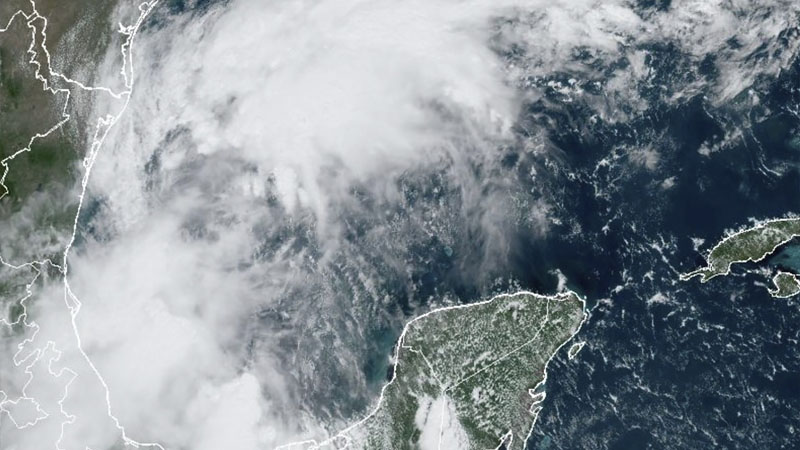Exclusive content

The shrimping fleet of Tamaulipas, Mexico, is set to reactivate employment for 2,400 shrimp harvesters in the city of Tampico, signaling a promising recovery for the local industry. This year’s shrimp season holds heightened expectations, with the fleet anticipating an increase in shrimp catches due to the recent damage caused by tropical storm “Francine.”
As the first ships laden with shrimp begin to arrive, economic activity in both local and central Mexican markets is expected to see a surge. The reactivation of these jobs will benefit not only the fishermen but also the wider network of industries that rely on the shrimp trade.
Storm “Francine” Brings Unexpected Gains
The shrimping industry is banking on a larger catch, a consequence of “Francine,” which struck the Gulf of Mexico only a week ago. While tropical storms typically bring disruption, they also have the unintended effect of stirring marine ecosystems, which often leads to higher yields for shrimp harvesters. The shrimp fleet—over 180 strong—was mobilized on September 5, coinciding with the end of a shrimp fishing ban, allowing vessels to resume operations in the Gulf’s fertile waters.
Data from the 2022 fiscal year paints a promising picture for Tamaulipas shrimp production. A total of 7,902 tons of shrimp, measured in live weight, were harvested, with 5,031 tons coming from deep-sea shrimping operations. The shrimping fleet, comprising 185 vessels, plays a crucial role in sustaining this production level, contributing to the state’s broader aquaculture output.
Challenges Amidst Growth
Despite the positive outlook, challenges persist for Tamaulipas’ shrimp industry. The Secretary of Rural Development, Fisheries, and Aquaculture, Antonio Varela Flores, acknowledged the sector’s significance, noting that shrimping, often referred to as “pink gold,” generates 2,000 direct jobs in southern Tamaulipas alone.
However, local businesses face obstacles in maintaining operations. This year’s fishing season has seen companies struggling with financial burdens, including the need for credit to fund vessel repairs and the ongoing high costs of diesel. The sector has been without government support for diesel purchases for six years, adding strain to an otherwise lucrative industry.